58 credit institutions generate 704,244 billion VND in green credit debt
On the morning of May 21, in Hanoi , Banking Times in collaboration with the Association of Chartered Certified Accountants (ACCA) organized a seminar on “Practicing Sustainable Development Reporting in the Banking Sector with AI Solutions”. The event gathered more than 300 leaders representing government agencies, banks, businesses in the financial sector, financial technology (fintech) and international organizations.
In the context of an increasingly volatile global economy strongly affected by environmental, social and governance (ESG) issues, sustainable development is not only a voluntary social responsibility, but has become a core element in the business strategy of financial institutions. As the lifeblood of the economy, the banking industry not only has to manage traditional financial risks but also needs to proactively identify, measure and control risks while taking advantage of opportunities related to ESG in lending, investment and internal operations. Integrating ESG into business strategy and internal governance will create an important foundation for the banking system to develop sustainably, enhance competitiveness and effectively contribute to the goal of green and inclusive growth.
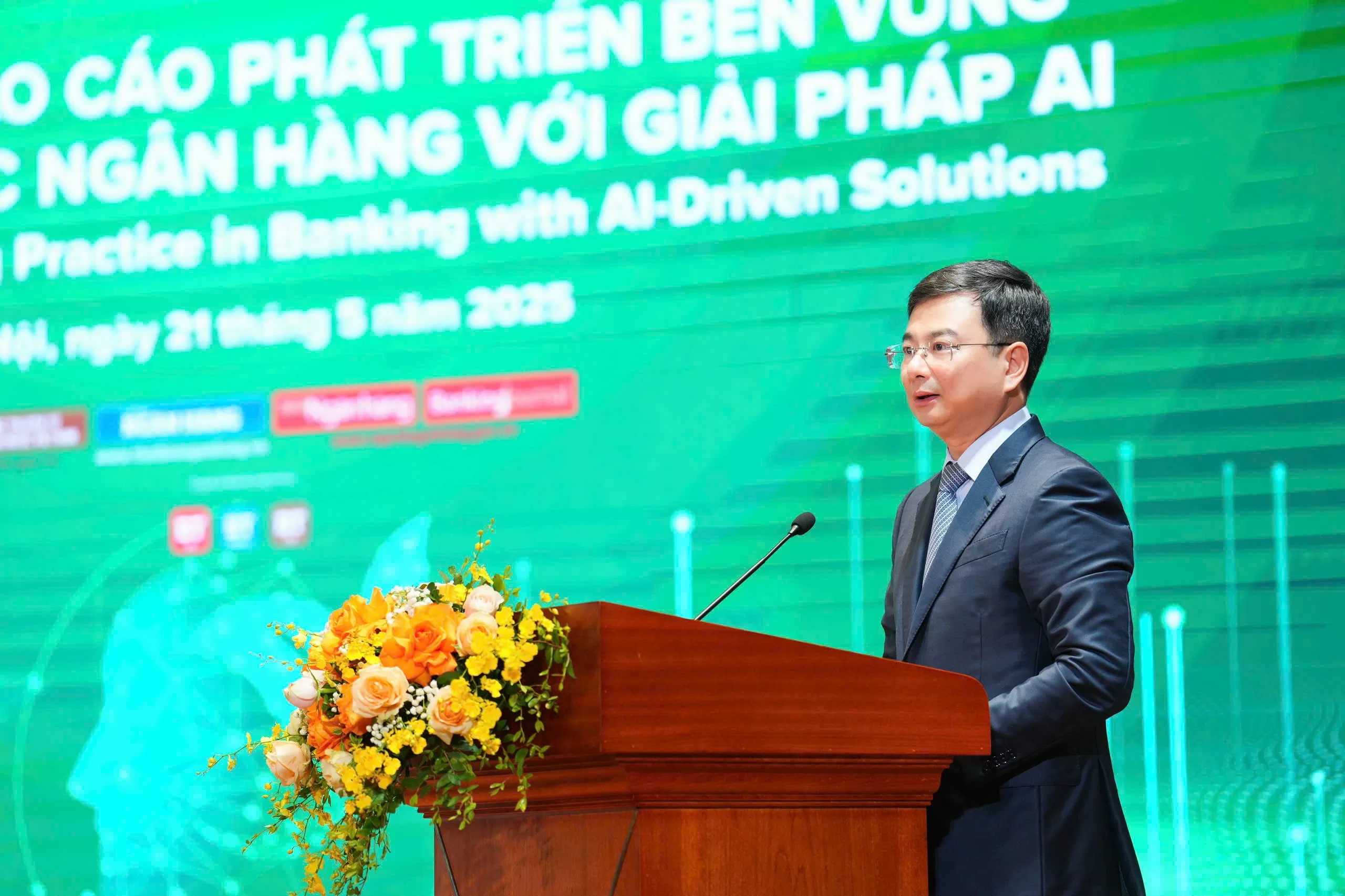 |
| Deputy Governor of the State Bank of Vietnam Pham Thanh Ha delivered the opening speech at the seminar. Photo: Hoang Giap |
Speaking at the opening of the seminar, Deputy Governor of the State Bank of Vietnam Pham Thanh Ha said that in recent times, implementing the Government's determination to achieve sustainable development goals, the State Bank has implemented many specific policies and action plans to promote sustainable development in the banking sector. Specifically, the State Bank has issued the Action Plan of the Banking Industry to implement the 2030 Agenda for Sustainable Development (Decision No. 1731/QD-NHNN) and the Action Plan of the Banking Industry to implement the National Strategy on Green Growth for the 2021-2030 period and the project on tasks and solutions to implement the results of the 26th Conference of the Parties to the United Nations Framework Convention on Climate Change (Decision No. 1408/QD-NHNN).
“The State Bank assigns the task to commercial banks to integrate and include sustainable development tasks, solutions and targets into their strategies, programs, business plans and operational processes; at the same time, it encourages credit institutions to develop and publish Sustainable Development Reports and publish their “green” commitments,” the Deputy Governor emphasized.
In addition, through the Green Banking Development Project, the State Bank promotes training, raises awareness of green credit and periodically organizes seminars and workshops to disseminate experiences and ESG standards. Activities such as cooperation with ACCA and GIZ to organize seminars and in-depth training demonstrate the State Bank's clear commitment to guiding and supporting credit institutions to practice sustainable development reporting according to international standards.
According to statistics, in 2024, the number of enterprises preparing separate Sustainable Development Reports increased to a record 33 organizations. Implementing the provisions of Circular No. 96/2020/TT-BTC of the Ministry of Finance, most credit institutions have reported and integrated sustainable development content in the bank's Annual Report. Of which, about 15 commercial banks have published their independent Sustainable Development Reports. The trend of publishing Sustainable Development Reports has increased sharply in 2024 and the first months of 2025. "Recently, the banking industry has also had 6 more commercial banks publishing new Reports," said Deputy Governor Pham Thanh Ha.
Regarding outstanding credit for green sectors of the banking system, there has been rapid growth in both scale and speed: By March 31, 2025, 58 credit institutions had generated outstanding green credit with outstanding loans reaching over VND 704,244 billion, an increase of 3.57% compared to the end of 2024, accounting for 4.3% of total outstanding loans of the whole economy, focusing mainly on the following sectors: Renewable energy, clean energy (accounting for over 37%) and green agriculture (over 29%); the average growth rate of outstanding green credit reached over 21.2%/year in the period 2017 - 2024, higher than the credit growth rate of the whole economy.
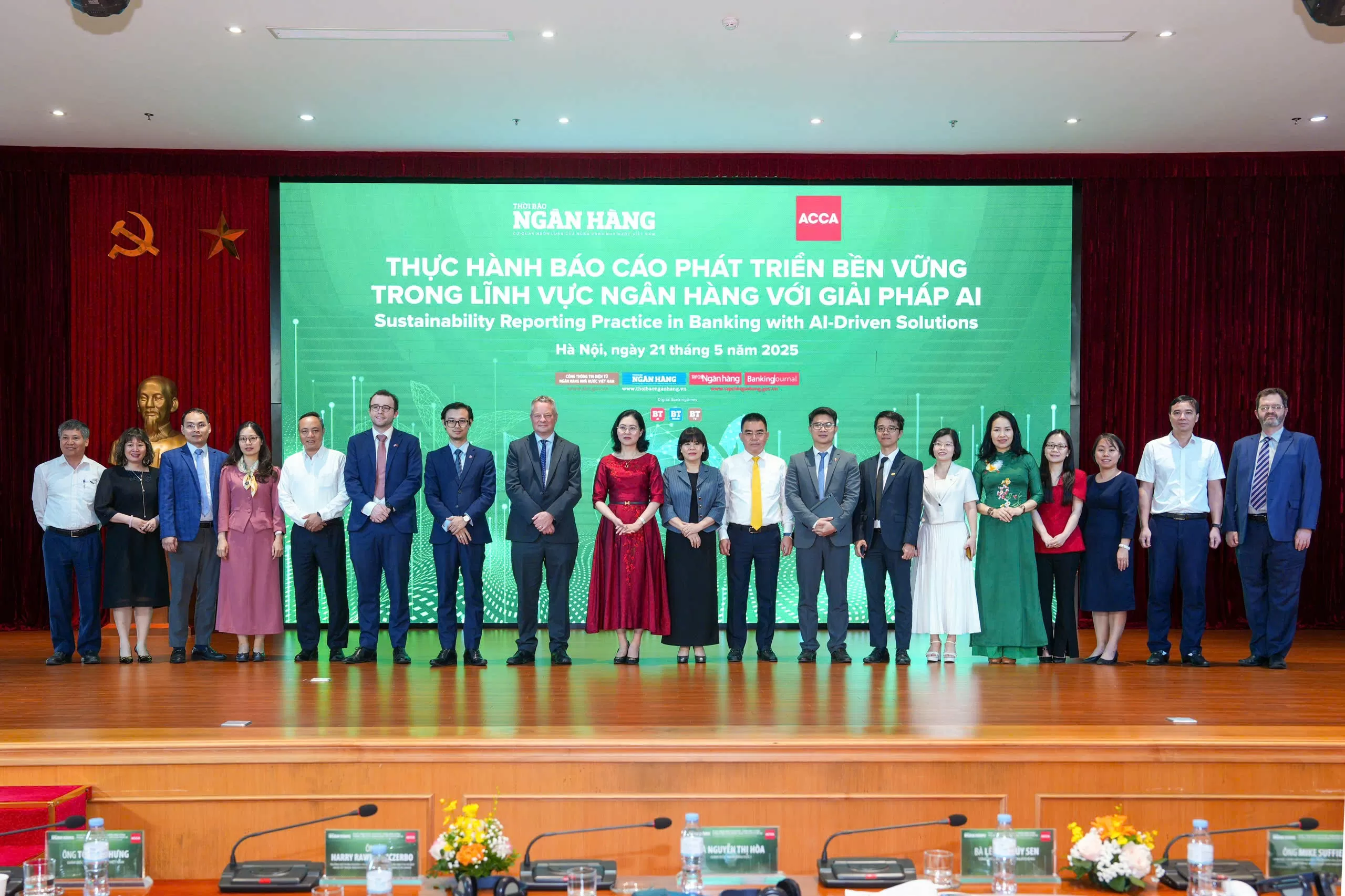 |
Potential solutions from AI
Despite the positive results, the State Bank's leaders also acknowledged that the practice and publication of Sustainable Development Reports in Vietnam, especially in the banking sector, is still in its early stages. Challenges in the legal framework, resources, data analysis capacity, and especially the way to collect and process information effectively and transparently remain significant barriers.
Therefore, “the application of AI and modern digital technology is a potential solution to the above problems. AI not only helps automate data collection and synthesis, but also supports in-depth analysis, trend detection, and recommendations to improve reporting quality and sustainable management efficiency,” the Deputy Governor affirmed.
Sharing about global standards and the role of AI in sustainability reporting in the banking industry, Mr. Mike Suffield, Director of Policy and Insights at ACCA Global, emphasized the transformative potential of AI, while warning of risks such as data bias, limitations in algorithmic transparency and the phenomenon of “greenwashing”. However, Mr. Mike Suffield also recommended that AI can support the disclosure of sustainability information in a more effective, meaningful and rigorous way, but it must be used ethically, transparently and in accordance with international frameworks...
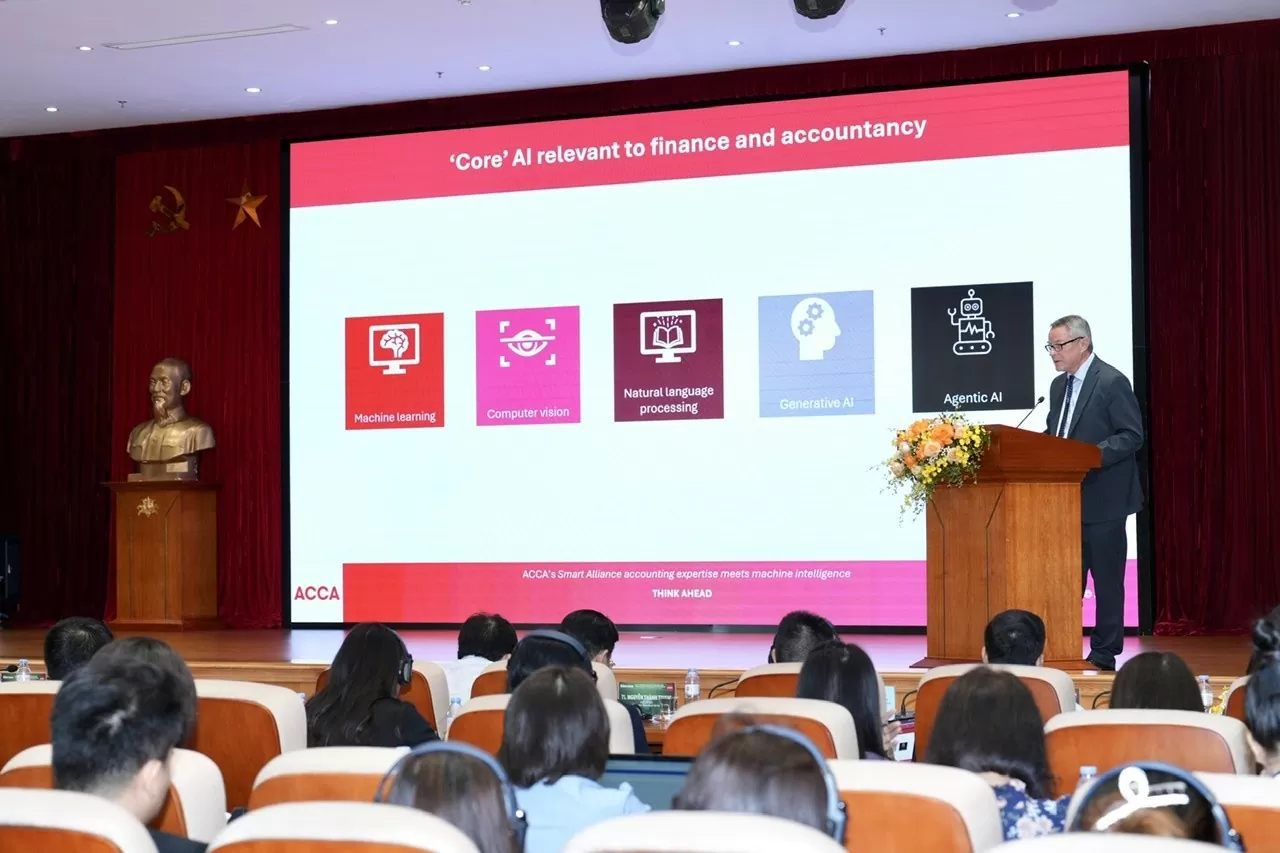 |
| Mr. Mike Suffield, Director of Policy and Advanced Research of ACCA Global shared at the seminar. Photo: Hoang Giap |
Many topics of great interest were discussed at the conference, such as: the growing demand for high-quality ESG disclosure, the ethical use of AI in sustainability reporting, and the integration of global sustainability standards into financial institutions in Vietnam.
Editor-in-Chief of Banking Times Le Thi Thuy Sen affirmed that this discussion took place in the context of the Party and State issuing many major policies, especially Resolution No. 57-NQ/TW on the development of science, technology, innovation and national digital transformation, along with Resolution No. 66-NQ/TW on sustainable development to 2030, with a vision to 2050.
In the process of implementing these Resolutions, the banking industry is identified as one of the leading forces in promoting sustainable finance, digital transformation and innovation. Integrating ESG criteria into business strategies not only contributes to improving the competitiveness of each credit institution, but also plays an important role in promoting green growth and sustainable development for the economy.
| The seminar “Practicing Sustainable Development Reporting in Banking with AI Solutions” is expected to bring new and practical approaches in applying AI and big data to the process of building a Sustainable Development Report from collection, processing to analysis and recommendation. This will be an important foundation for the Vietnamese banking industry to approach international sustainable development standards, while contributing to building a modern, transparent economy that effectively adapts to the digital age. |
Source: https://congthuong.vn/esg-ngan-hang-ai-la-tro-thu-chien-luoc-388586.html



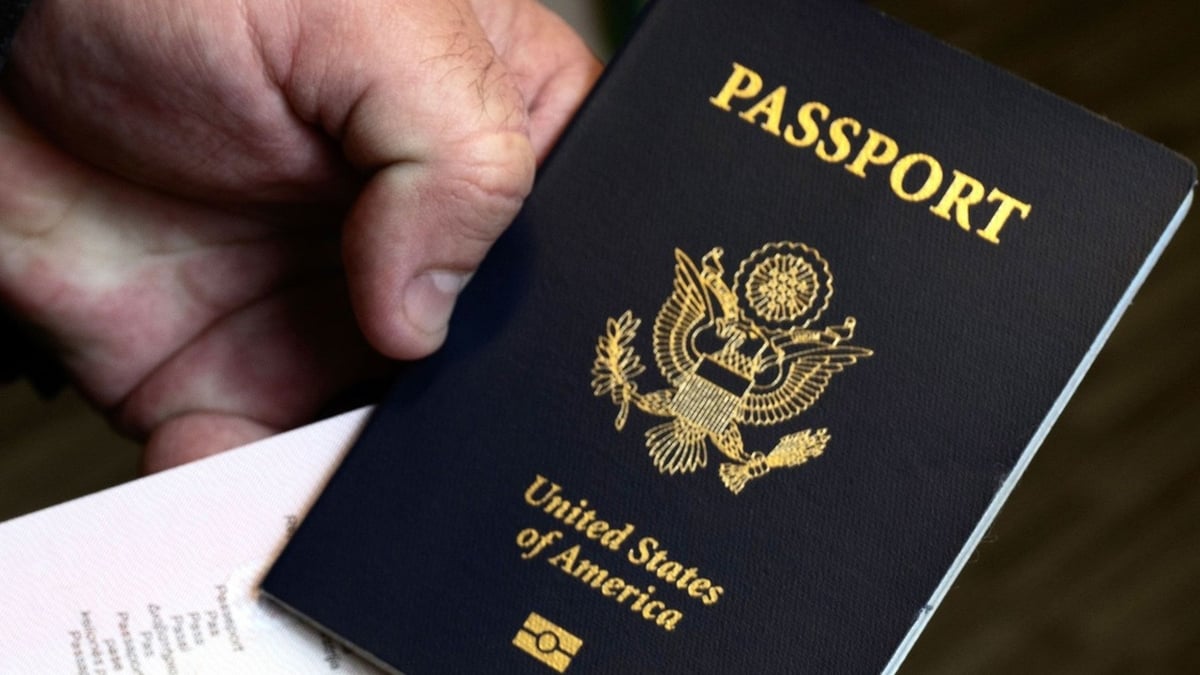



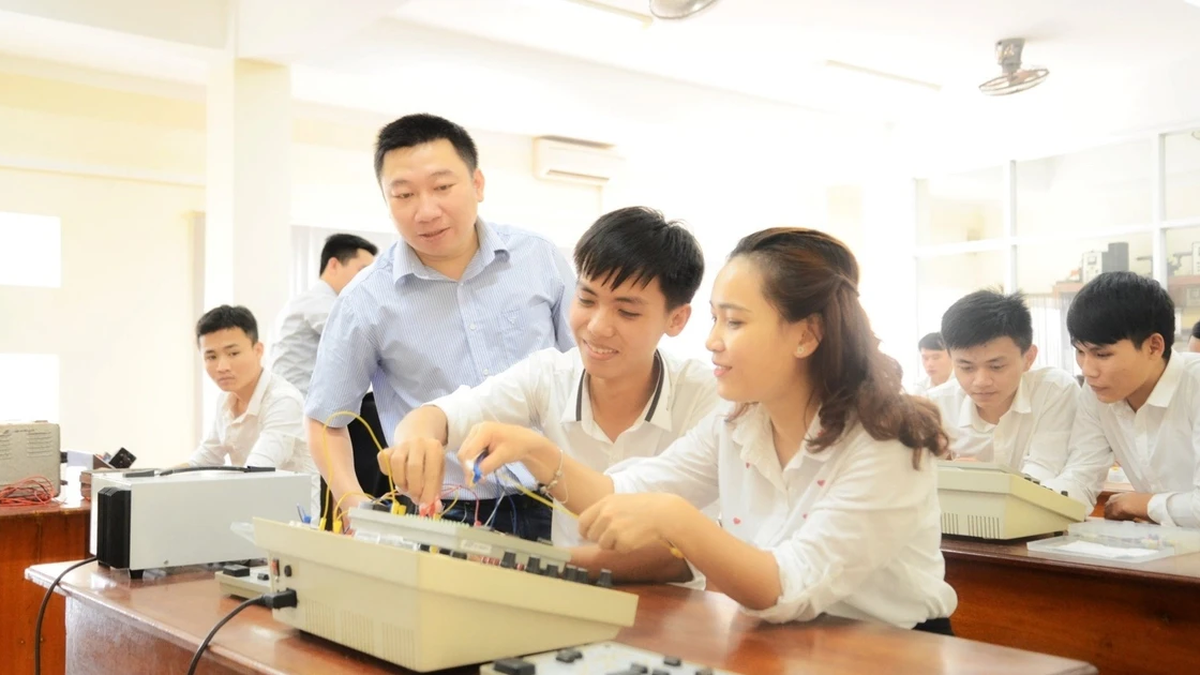

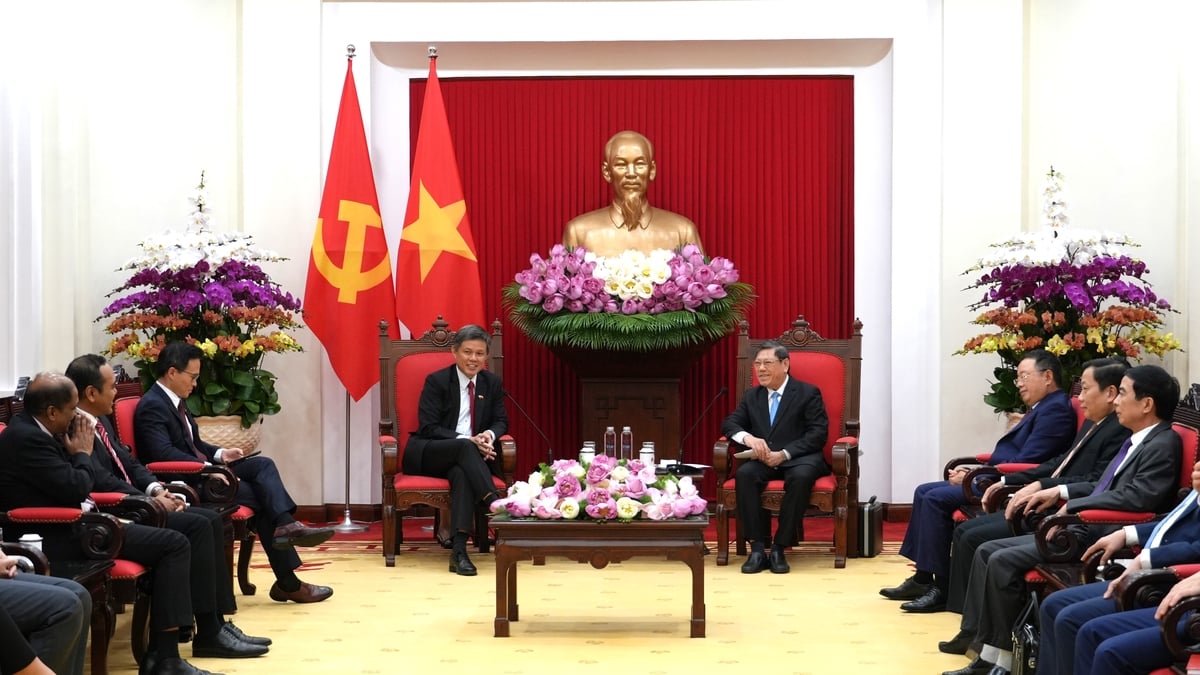


























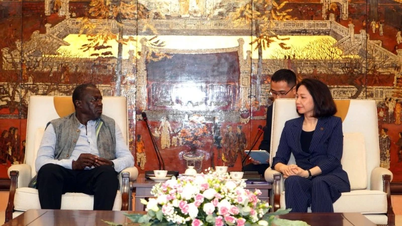








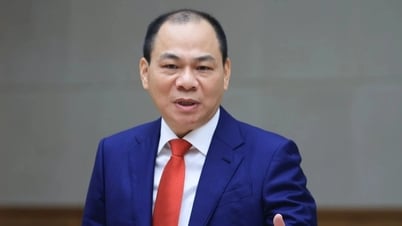









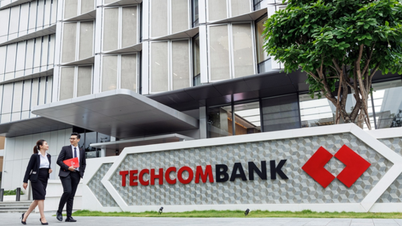
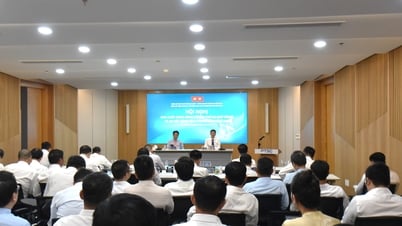


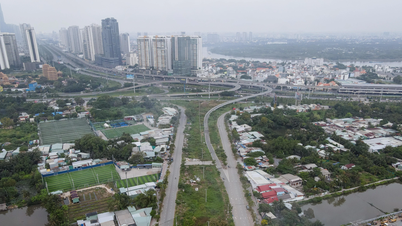








































Comment (0)